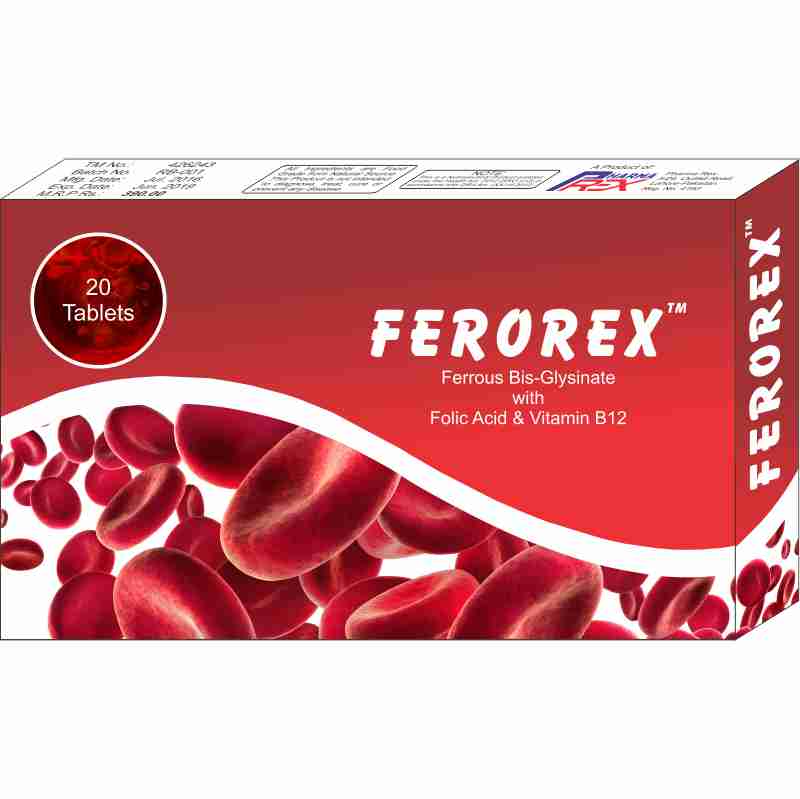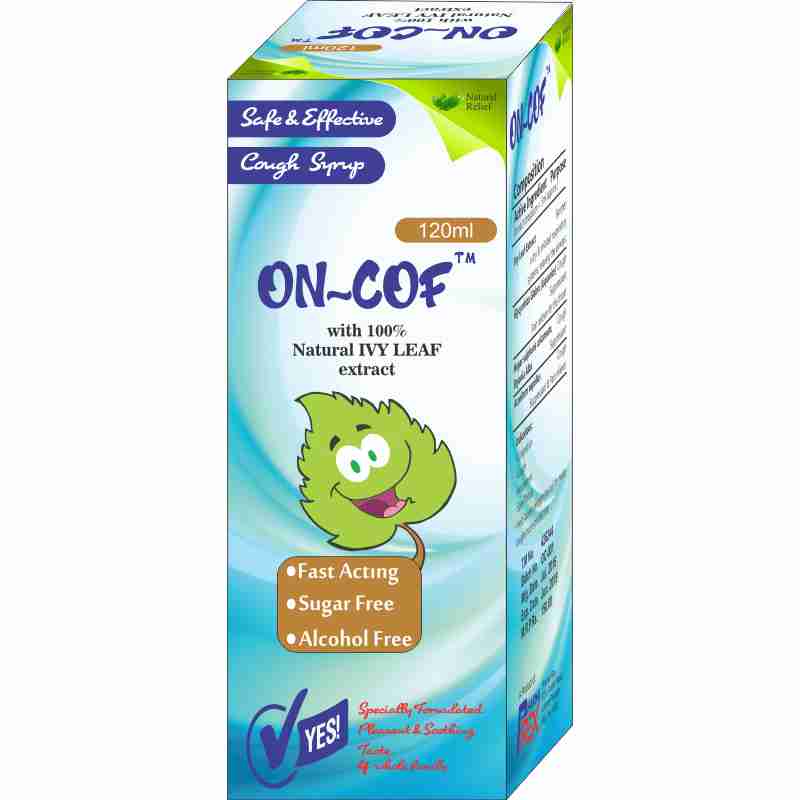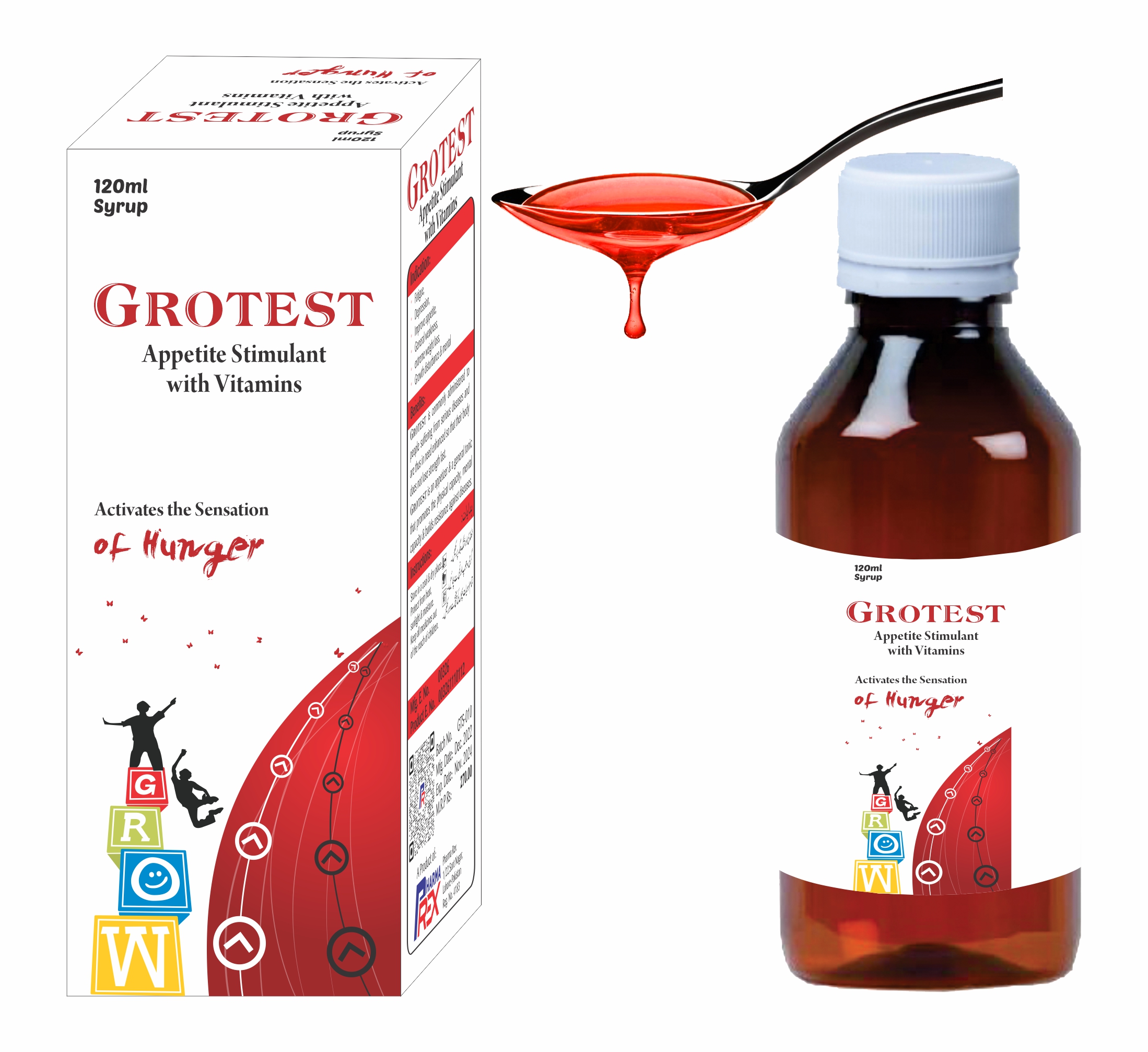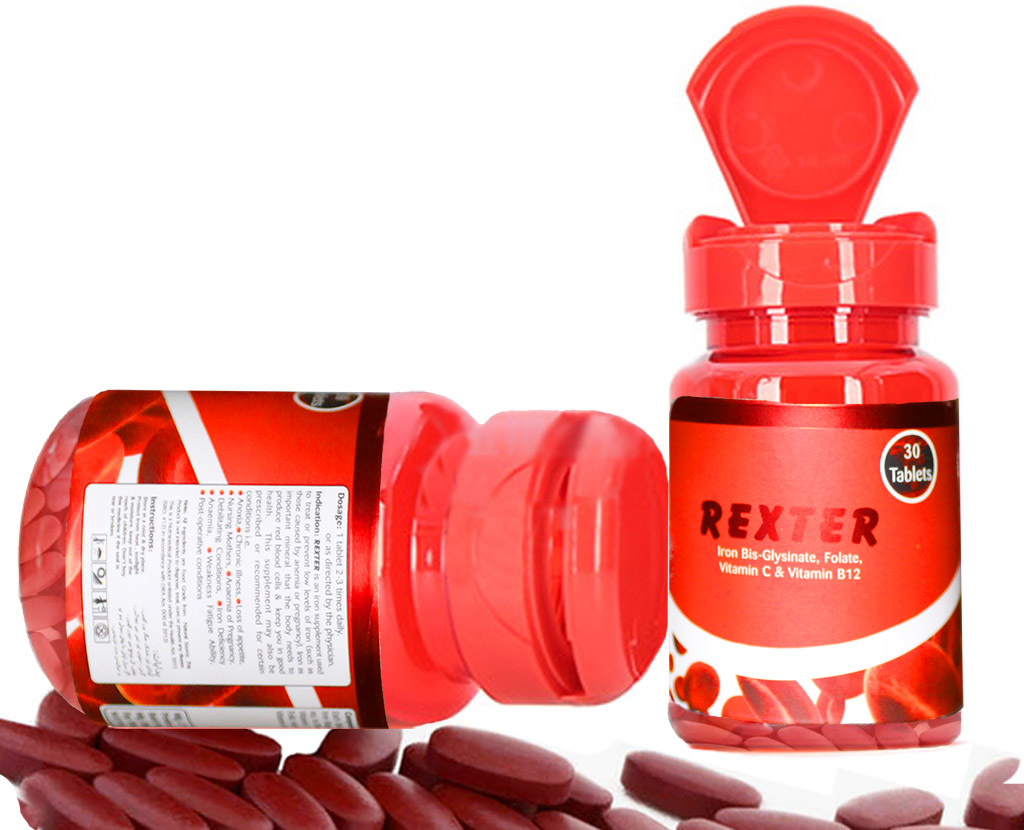Description
UROREX (Cranberry extract) offers a host of antioxidants and nutrients that help fight infections and boost your overall health. Cranberries are already popular as juice and fruit cocktails; however, in medical terms, they are commonly used treat urinary complications.
UROREX contains a clinically proven Cranberry extract that combines cranberry (Vaccinium macrocarpon) fruit and juice concentrate to provides phyto-chemical profile of whole cranberries.
UROREX help to prevent and reduce the symptoms of urinary tract infections naturally, by providing relief from pain and burning sensation and maintains a healthy urinary tract.
UROREX prevents the adhesion of infection causing bacteria (E.Coli) & helpful to prevent from urinary tract infection, the same bacterial antiadhesion property has also been found against the bacteria that cause stomach ulcer (H.pylori) & dental cavities forming bacteria (streptococcus mutans).
UROREX offers demonstrated efficacy against the bacteria that causes UTI. Bacterial adherence to mucosal cell (host cell surface membrane) is an initial step in development of infection.
Clinical studies have shown that UROREX
- Reduces urinary tract infections,
- Reduces need for antibiotics,
- Reduces medical visits
- Prevents double protection against cystitis,
- Supportive adjunctive therapy during antibiotic treatment.
Other Health Benefits:
- Works as an antioxidants,
- Promotes oral hygiene,
- Reduces the accumulation of LDL (bad cholesterol)
Anti-Inflammatory Benefits
For the cardiovascular system and for many parts of the digestive tract (including the mouth and gums, stomach, and colon) cranberry has been shown to provide important anti-inflammatory benefits. It’s the phytonutrients in cranberry that are especially effective in lowering our risk of unwanted inflammation, and virtually all of the phytonutrient categories represented in cranberry are now known to play a role. These phytonutrient categories include proanthocyanidins (PACs), anthocyanins (the flavonoid pigments that give cranberries their amazing shades of red), flavonols like quercetin, and phenolic acid (like hydroxycinnamic acids).
In the case of our gums, the anti-inflammatory properties of cranberry can help us lower our risk of periodontal disease. Chronic, excessive levels of inflammation around our gums can damage the tissues that support our teeth. It’s exactly this kind of inflammation that gets triggered by ongoing overproduction of certain cytokines. (Cytokines are messaging molecules, and the pro-inflammatory cytokines tell our cells to mount an inflammatory response. As messages are sent more frequently and more constantly, the inflammatory response becomes greater.) Phytonutrients in cranberry help reduce this inflammatory cascade of events precisely at the cytokine level. Production of pro-inflammatory cytokines like interleukin 6 (IL-6) and RANTES (Regulated Activation Normal T-cell Expressed and Secreted) is lowered by the activity of cranberry phytonutrients. In addition, cranberry phytonutrients inhibit the activity of the enzymes cyclo-oxygenase 1 (COX-1) and cyclo-oxygenase 2 (COX-2). These COX-1 and COX-2 enzymes are key factors in the production of other pro-inflammatory messaging molecules, and by inhibiting these enzymes, cranberry’s phytonutrients significantly lower our risk of unwanted inflammation.
Dietary consumption of cranberry has also been shown to reduce the risk of chronic, unwanted inflammation in the stomach, large intestine (colon) and cardiovascular system (especially blood vessel linings). We’ll discuss some of these health benefits in more detail in the Digestive Benefits and Cardiovascular Benefits sections of this cranberry profile.
Immune Support
While research in this area is somewhat limited, recent studies on the immune support benefits of cranberry are exciting. In studies on very small numbers of human participants, intake of cranberry extracts has shown the ability to improve multiple aspects of immune function, and to lower the frequency of cold and flu symptoms in the subjects. In several of these studies, the cranberry extracts were standardized to contain a known, higher-end amount of proanthocyanidins (PACs)—somewhat comparable to a double-strength cranberry juice. From our perspective, the doses of cranberry extract used in these studies match up fairly well with generous intake of whole, raw cranberries, and we look forward to future studies focused on precisely that: intake of whole, raw cranberries and resulting changes in cold and flu symptoms.
Cardiovascular Benefits
Following decreased risk of urinary tract infection (UTI), increased health of the cardiovascular system is perhaps the best-researched area of cranberry health benefits. It’s the combined impact of cranberry antioxidants and anti-inflammatory phytonutrients in cranberry that’s responsible here. Oxidative stress and chronic inflammation can place our blood vessel walls at great risk of damage. Once damaged, our blood vessels walls can undergo a process of plaque formation, and our risk of atherosclerosis (blood vessel wall thickening and blood vessel blocking) can be greatly increased. Dietary intake of cranberries and cranberry juice (in normal everyday amounts, unchanged for research study purposes) has been shown to prevent the triggering of two enyzmes that are pivotal in the atherosclerosis process (inducible nitric oxide synthase, or iNOS, and cyclo-oxygenase 2, or COX-2). In both cases, cranberry has also been shown to prevent activation of these enzymes by blocking activity of a pro-inflammatory cytokine-messaging molecule called tumor necrosis factor alpha (TNF-alpha). These anti-inflammatory benefits of cranberry appear to be critical components in the cardiovascular protection offered by this amazing fruit.
The antioxidant components of cranberries also appear to play a key role in cranberry’s cardiovascular benefits. In animal studies, these antioxidant benefits have been clearly associated with decreased risk of high blood pressure. By reducing oxidative stress inside the blood vessels, cranberry extracts consumed by rats and mice have helped prevent over constriction of the blood vessels and unwanted increases in blood pressure.
Three related phytonutrient compounds—resveratrol, piceatannol, and pterostilbene—deserve special mention with respect to cranberry’s antioxidants. These unique phytonutrients may provide cranberry with some equally unique antioxidant properties, and a special ability to support our cardiovascular system in this regard.
A final area of cardiovascular support provided by cranberry is its ability to help us lower our LDL-cholesterol and total cholesterol, while simultaneously helping us increase our level of HDL-cholesterol. Cranberry most likely helps us achieve these cholesterol-improving changes by helping to improve oxidative and inflammatory aspects of the everyday environment in which our cholesterol-containing molecules must exist. This improved cholesterol control offered by cranberry contributes even further to our decreased risk of blood vessel blocking problems, since excess accumulation of LDL-cholesterol and insufficient amounts of HDL-cholesterol can increase the tendency of our blood vessels to become blocked. All in all, it’s quite amazing how a simple food like cranberry can provide us with cardiovascular benefits at so many different levels, all rolled into one.
Antioxidant Protection
Although previously mentioned in this Health Benefits section, the antioxidants found in cranberry are especially important contributors to its potential for health support. From a research perspective, there are two especially important points to consider when thinking about the antioxidant benefits of cranberries. First is the amazing array of antioxidants that are found exclusively in whole cranberries. Cranberry’s special combination of phenolic antioxidants, proanthocyanidin antioxidants, anthocyanin antioxidants, flavonoid antioxidants, and triterpenoid antioxidants is without a doubt unique. Also unique is the particular combination of three antioxidant nutrients—resveratrol, piceatannol, and pterostilbene—found in cranberry. Second are the research findings regarding the synergy between these nutrients. The phytonutrients in cranberry provide maximal antioxidant benefits only when consumed in combination with each other, and also only when consumed alongside of conventional antioxidant nutrients present in cranberry like manganese and vitamin C. When cranberry processing disrupts this antioxidant combination, health benefits from cranberry are decreased. Multiple studies in multiple health benefit areas point to this same conclusion—it’s the overall blend of cranberry antioxidants that provides us with the strongest health benefits.
One further point about cranberry antioxidant research seems worthy of mention. In several research studies, cranberries were unable to provide significant antioxidant benefits when those benefits were measured in terms of blood values. In these studies, it took a much closer look at activities going on inside of our cells to demonstrate the antioxidant benefits of cranberries. The need to look inside of our cells to find cranberry antioxidant benefits may be telling us that the special value of cranberries may often involve metabolic events that are taking place “behind the scenes.” In other words, these benefits may sometimes be missed in more broadly focused research studies, and cranberry may in fact have a stronger research track record than previously assumed.
Anti-Cancer Benefits
No area of cranberry research has been more intriguing in the past 10 years than research on cranberry and cancer, even though the majority of studies in this area have involved lab studies on human cancer cells or animal experiments. On a virtual year-by-year basis, scientists continue to identify new mechanisms that establish cranberries as anti-cancer agents. These mechanisms are now known to include: blocked expression of MMPs (matrix metalloproteinases); inhibition of ODC (ornithine decarboxylase enzymes); stimulation of QRs (quinone reductase enzymes); inhibition of CYP2C9s (Phase I detoxification enzymes); and triggering of apoptosis (programmed cell death) in tumor cells. It’s important to point out that this amazing list of anti-cancer properties in cranberry is not sufficient to establish cranberry as a food to be used in the treatment of cancer. However, it is a list that appears consistent with other studies of cranberry and cancer showing dietary intake of this food to help prevent cancer occurrence. These cancer-preventive benefits of cranberry are especially likely in the case of breast, colon, lung, and prostate cancer.
None of the cancer-related benefits of cranberries should be surprising, since cranberry is loaded with antioxidant and anti-inflammatory nutrients. Chronic excessive oxidative stress (from lack of sufficient antioxidant support) and chronic excessive inflammation (from lack of sufficient anti-inflammatory compounds) are two key risk factors promoting increased likelihood of cancer. With its unique array of antioxidant and anti-inflammatory nutrients, cranberry seems ideally positioned to help us lower our risk of cancer development.
Digestive Tract Benefits
When you add up the health-related benefits of cranberry for our mouth and gums (decreased risk of periodontal disease), stomach (decreased risk of stomach ulcer), and colon (decreased risk of colon cancer), it’s impossible not to conclude that cranberry is unique among fruits in its ability to provide us with digestive tract benefits. Every category of phytonutrient known to be provided by cranberry is also known to play a role in digestive tract support. In the case of cranberry’s proanthocyanidins, it’s decreased adherence of the bacterium Helicobacter pylori to our stomach wall that’s made possible by intake of cranberry. In the case of cranberry’s flavonoids, anthocyanins and triterpenoids, provide antioxidant and anti-inflammatory benefits that decrease our risk of colon cancer, and also our risk of periodontal disease.
Recent research has also shown that cranberry may be able to help optimize the balance of bacteria in our digestive tract. Participants in one recent study involving cranberry juice intake (in amounts of approximately 2 ounces per day and over the course of about 3 months) were able to increase the numbers of Bifidobacteria in their digestive tract while maintaining other bacterial types (Bifidobacteria are typically considered to be a desirable and “friendly” type of bacteria). As a result, the relative amount of Bifidobacteria was increased, and the bacterial environment of the digestive tract may have become more favorable. Given the vast array of phytonutrients in cranberry and the known connection between so many of these phytonutrients and digestive tract health, we expect to see the digestive benefits of cranberry becoming more and more apparent in future research on this incredible berry.
Dental Hygiene
Just as cranberries prevent bacteria from clinging to the walls of your urinary tract, they prevent bacteria from adhering to your teeth. Because bacteria like Streptococcus mutans are unable to stick to your teeth, your risk of cavities and tooth decay is reduced. Similarly, cranberries prevent plaque buildup, improving your dental hygiene. While cranberries are no replacement for toothpaste, some researchers are examining how supplementing dental products with cranberries may improve dental health.
Provides Nutrients
One 200 milligram cranberry extract pill provides about 50 percent of your recommended vitamin C intake, which is vital for wound healing and disease prevention. Cranberry extract is also a good source of dietary fiber, contributing 9.2 grams — providing relief from constipation, as well as blood sugar regulation. As part of a varied diet, cranberry extract can help boost your vitamin K and vitamins E levels, as well as provide essential minerals essential to bodily functions.
Indications:
- UTI Prevention,
- Stomach Ulcer Treatment,
- Oral Health
- Stomach Cancer,
- Cancer Prevention,
- Immune System Support,
Supplement Facts:
Each pouch contain: (Approx):
Cranberry (Vaccinium Macrocarpon) …… 250mg
Vitamin C (Ascorbic Acid) ………………………… 50mg
Dosage:
Use one to two pouches daily. or as directed by the physician.
Although there are no specific cranberry doses to treat health ailments, according to a 2004 review by the “American Family Physician,” 300 to 400 mg of cranberry extract twice daily can help prevent UTIs. Most commercial cranberry juice contains sugar, which bacteria feed on making the infection worse. Therefore, cranberry extract is a better option, or unsweetened cranberry juice.
How to Use:
Mix the contents pouch in a glass of water and use immediately.









Reviews
There are no reviews yet.